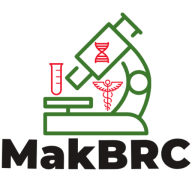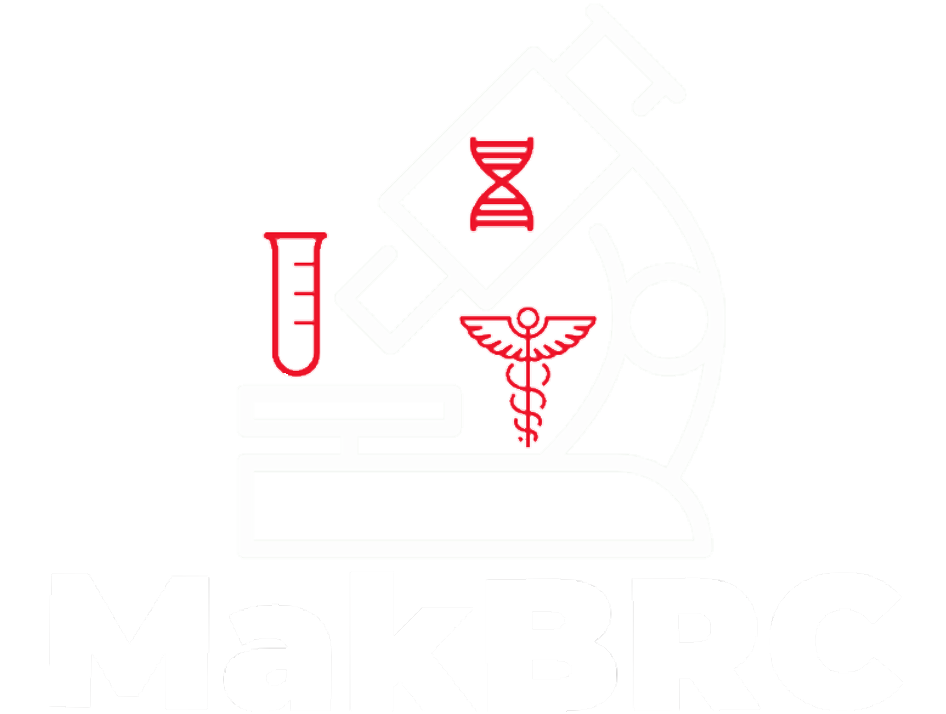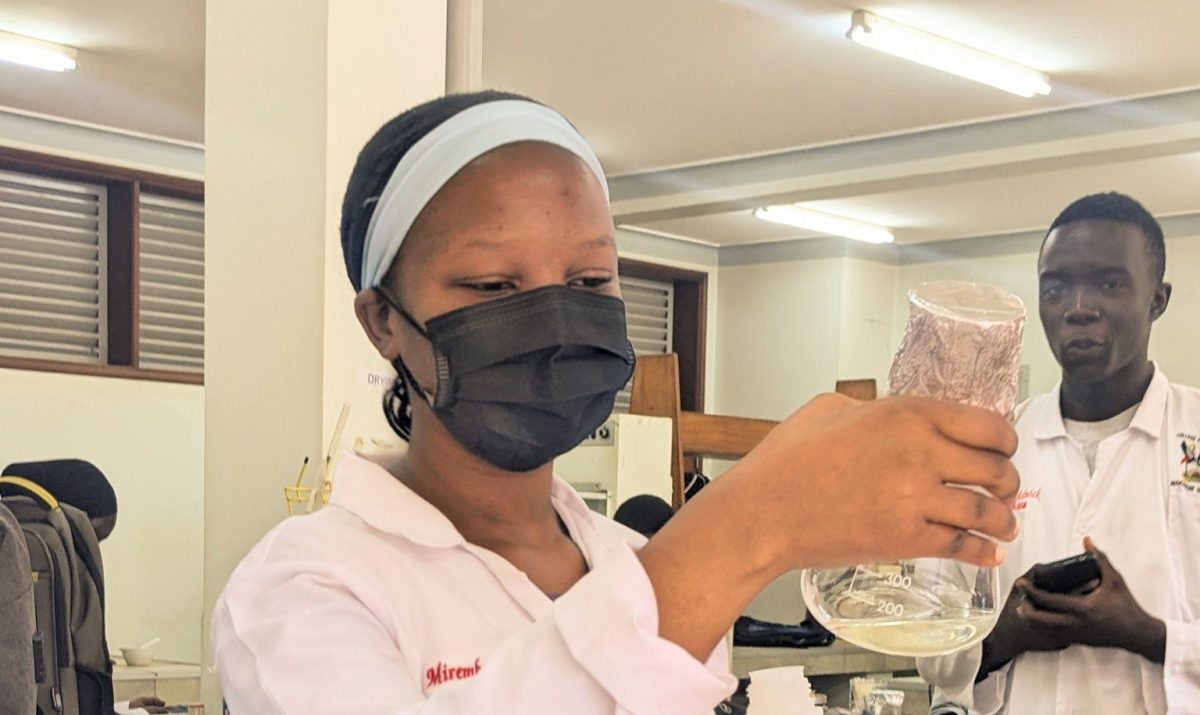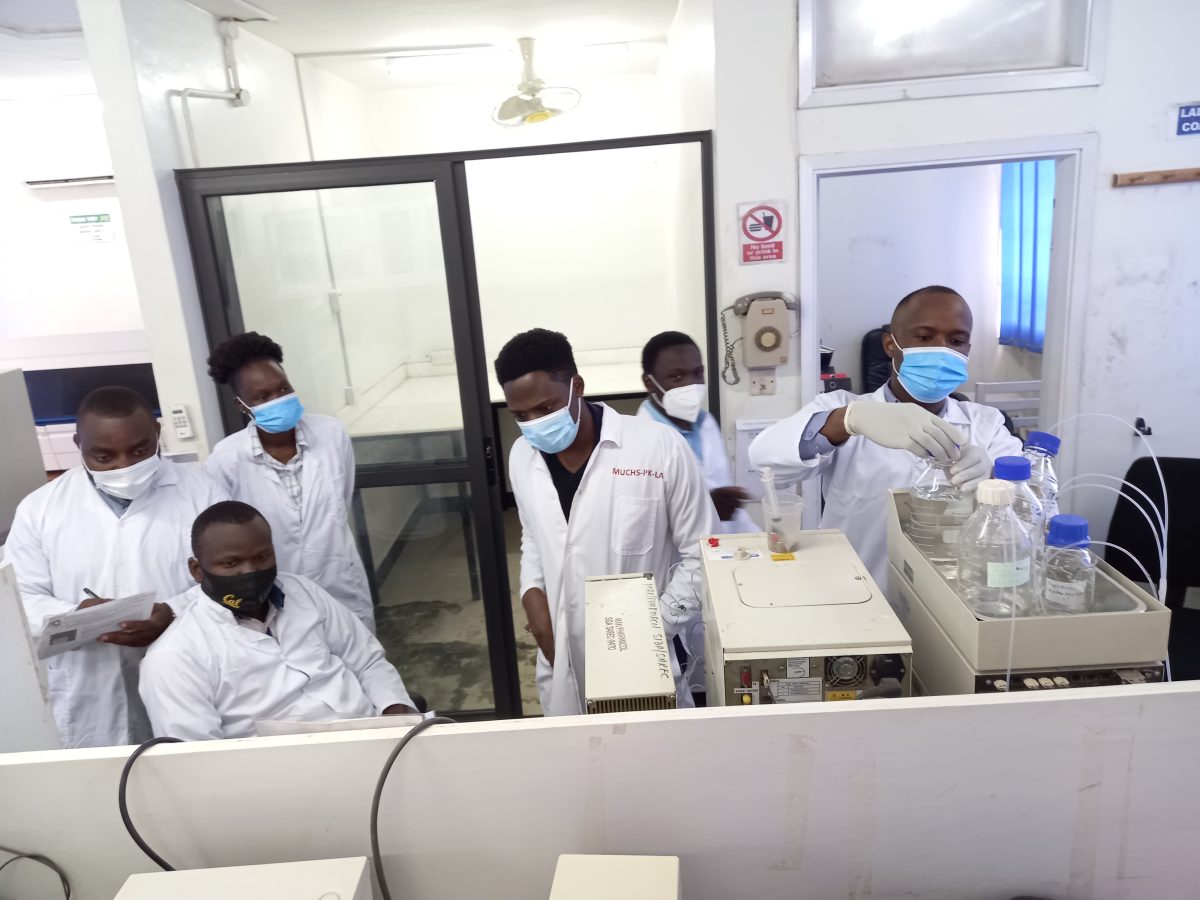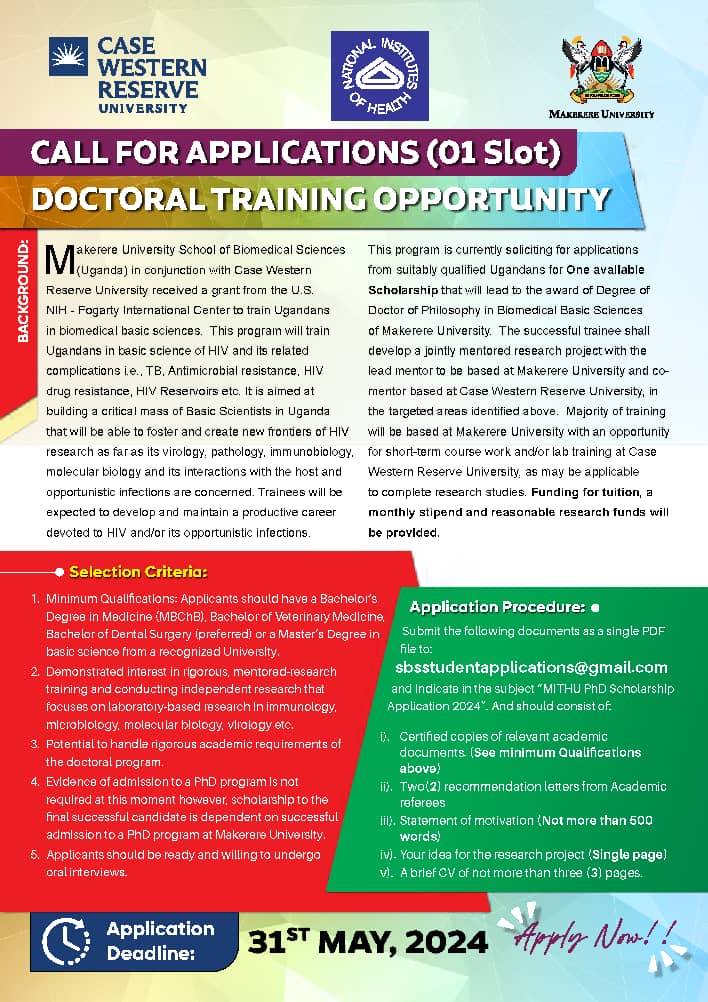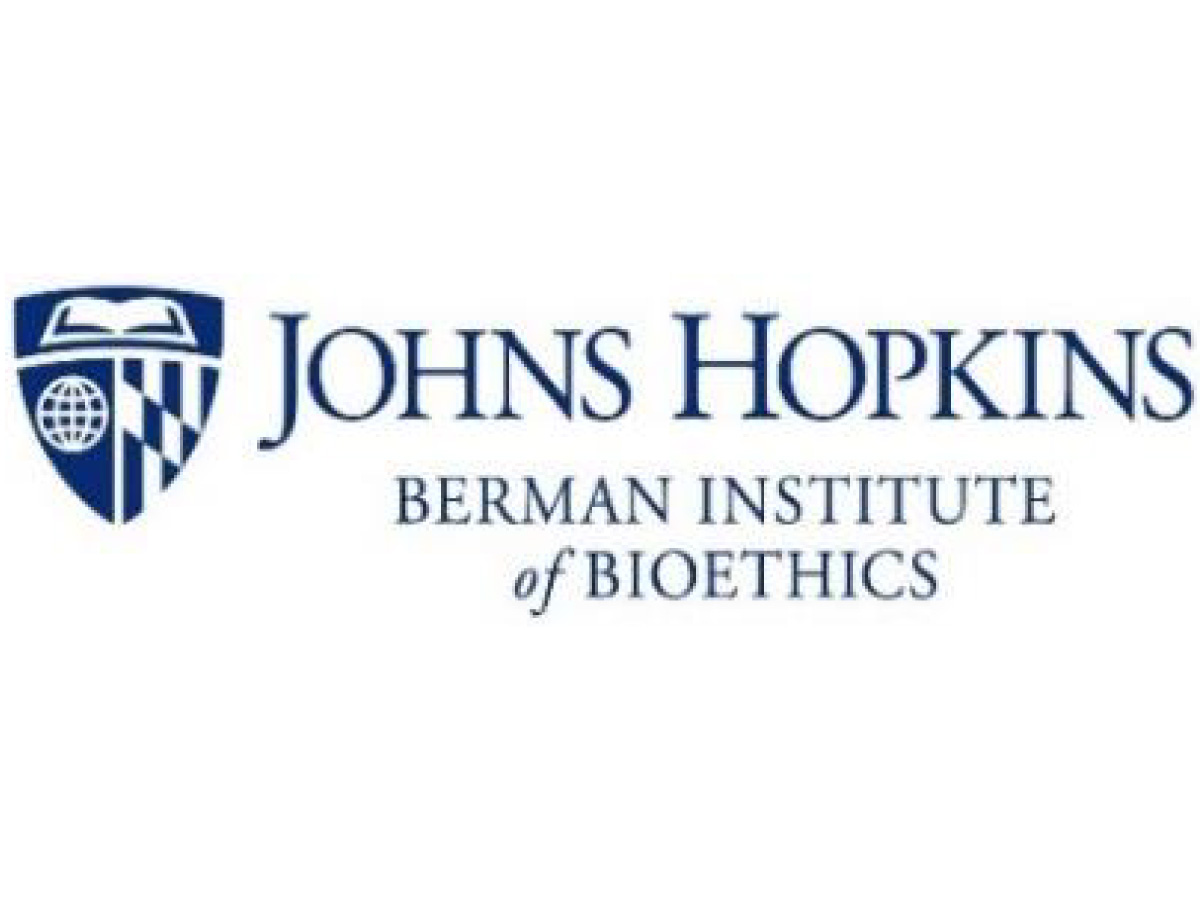Call for Applications
The Johns Hopkins Berman Institute of Bioethics (BI), Makerere University College of Health Sciences (MakCHS) and University of Oxford Ethox Centre (Ethox) invite applications for the Fogarty African Bioethics Post-Doctoral Fellowship Program (FAB-PDF) – an 18-month advanced bioethics postdoctoral training program for scholars from sub-Saharan Africa who hold a bioethics-related PhD. Funded by the Fogarty International Center, NIH, USA, the program focuses broadly on global health ethics, with particular opportunities for fellows to concentrate on issues involving global infectious disease ethics and advanced international research ethics. The fellowship will begin approximately January 13, 2025.
Opportunities
· Complete fellowship activities across multiple institutional contexts:
o 4.5 months based at Johns Hopkins in Baltimore, USA
o 1 month based at MakCHS in Kampala, Uganda
o 1 month based at Ethox in Oxford, UK
o 11.5 months based at the postdoctoral fellow’s home institution
· Access bioethics mentorship, coursework, seminars and scholarly/practice/training networks
· Conduct individual and international collaborative mentored research and writing
· Participate in international global health ethics and research ethics conferences
· Plan and complete a funded global health ethics leadership project
Eligibility
· Current national of a country in sub-Saharan Africa
· Completed a bioethics-related PhD or related doctoral research degree, generally within 5 yrs of the fellowship start
Preference will be given to candidates who:
· Previously completed an NIH Fogarty-sponsored bioethics training (at any level)
· Previously worked on global health ethics, infectious disease ethics, or international research ethics topics
· Have strong discipline-appropriate methods training used to conduct bioethics research and writing
· Have a record of bioethics scholarly publication, presentation, and/or professional service
· Hold a faculty position in an institution of higher-education in sub-Saharan Africa, or demonstrate institutional commitment to providing such a position
Salary/Benefits
· Stipend of $4,707 USD/month (pre-tax) to cover accommodations, meals, and incidentals during the months while in residency at BI, MakCHS and Ethox, plus health benefits
· Airfare, ground transport and visa fees for residency requirements; modest budgets for leadership project, technology and supplies; fee coverage for required courses and conference registration
Applications are due by June 1, 2024, and must be uploaded via Interfolio (https://apply.interfolio.com/143696).
Candidates must submit:
· CV
· Personal statement describing: 1) motivation to pursue the fellowship, 2) nature of previous bioethics training, 3) bioethics scholarly research and writing interests, including description of any works in progress that will be completed during the fellowship, and 4) idea(s) for a potential leadership project (nature of the project, how it aligns with local priorities, personal skills that will be advanced, and any relevant preparations)
· Two (2) letters of recommendation
· One (1) letter of institutional commitment, signaling sufficient leave from employment for all fellowship activities, and a commitment to, at minimum, position retention and support in undertaking the leadership project and in integrating bioethics capacity on completion
· Copies of graduate transcript(s)
For more information, please contact Joseph Ali, JD (jali@jhu.edu) and/or Nancy E. Kass, ScD (nkass@jhu.edu).
NIH Fogarty International Center Grant # D43TW010512
Application Process
This institution is using Interfolio’s Faculty Search to conduct this search. Applicants to this position receive a free Dossier account and can send all application materials, including confidential letters of recommendation, free of charge.
